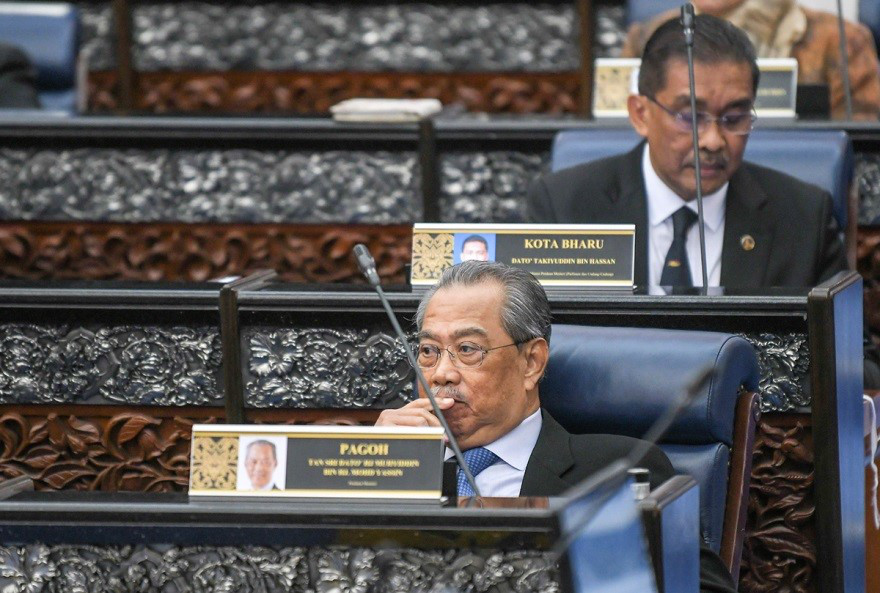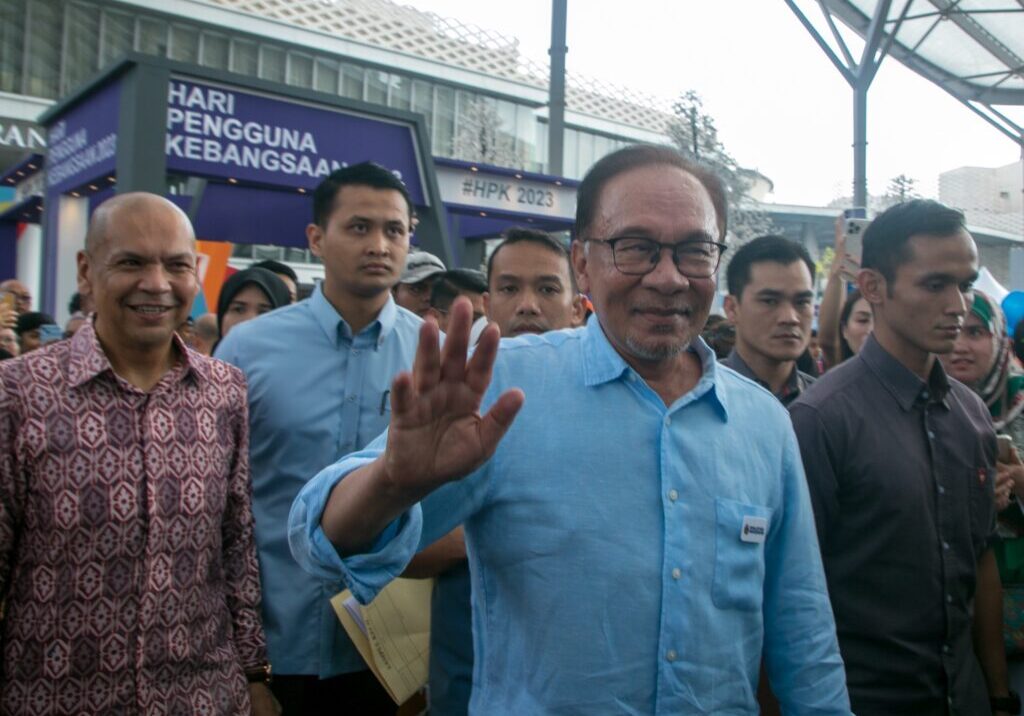Australia/Israel Review
Asia Watch: The Main Agenda
Aug 3, 2020 | Michael Shannon

With its first parliamentary challenge now behind it, Malaysian Prime Minister Muhyiddin Yassin’s Perikatan Nasional governing coalition looks set to double down on the well-trodden road of Malay chauvinism to ensure its survival on a razor-thin majority.
Meeting on July 13 for its first full session since his government took power five months ago, the Parliament rid PM Muhyiddin of his first obstacle – voting to remove the house speaker who had approved a potential no-confidence vote against him pushed by the opposition.
Muhyiddin’s Parti Pribumi Bersatu Malaysia, which has only 13 members of parliament, is in a shaky coalition that gives him 113 seats, a bare two above the minimum to stay in power. He depends upon the support of the deeply corrupt United Malays National Organisation (UMNO) and the rural Islamist Parti Islam se-Malaysia (PAS).
Last September, UMNO and PAS formalised what had been an unofficial marriage of convenience since before the 2018 election, a dedication to Ketuanan Melayu, or Malay nationalism and the religious primacy of Islam.
That such policies were ever deemed necessary owes to the fact that Malaysia was once a tolerant multi-ethnic nation of Malays, Chinese, Indians and small indigenous groups, headed by a patriarchal Malay elite embodied by the royal families and the long-established political families that still dominate today.
But in the wake of race riots in May 1969 that resulted in hundreds of deaths, the New Economic Policy which followed instituted privileges for Malays in a creeping monoculturalism that has entrenched rent-seeking patronage networks and performative identity politics over competence and fresh ideas. In 1957, Chinese Malaysians comprised about 40 percent of the population – a figure that has since shrunk to about 23 percent.
Generations of Malays have now been educated through a system that has rewritten history to justify their special privileges, while Islam has been reframed to become a tool of exclusion, rather than a doctrine of universal values. Language and greetings have been Arabised, which has further separated Malays from other ethnic groups.
As Malay birth rates have far exceeded those of other racial groups, the Malays are the dominant grouping in the country. The first-past-the-post electoral system and single-member constituencies ensure that candidates need only appeal to the sectional interests of the dominant group.
Deeply embedded within the “Malay agenda” is an inferiority complex which sees threats both from within – the largely prosperous and outward-looking Chinese community – and far beyond national borders. One of the prime foreign bogeymen has long been Jews, and Israel in particular. Conspicuous antipathy to Israel, and support for the Palestinians, serves as a signifier of Malay-Muslim identity and in-group solidarity.
The prospect of Israel extending its sovereignty into the West Bank gave PM Muhyiddin another opportunity to demonstrate support for the Palestinian cause. In a Facebook post on July 2, he said, “I would like to stress that Malaysia will continue giving its support to the struggle of the Palestinians. I also call on the international community, especially the UN, to immediately find the best solution to the peace plan in the region.”
Accompanying the post were pictures of Muhyiddin receiving a courtesy call from a MyAQSA Foundation delegation. The Putrajaya-based organisation has the declared mission of linking government and NGOs to be a “unifier of the ummah in achieving the liberation of Al-Aqsa.”
He spoke approvingly of MyAQSA’s international activities, especially in the case of alleged “Israeli war crimes against Palestine” in the International Criminal Court (ICC). “It is my hope, as much as MyAQSA’s, to see Malaysia play a bigger role in strengthening the unification of the Palestinians,” he added.
While denial of Israel’s legitimacy is implied rather than openly stated in such comments, there was no ambiguity in Muhyiddin’s deposed predecessor Mahathir Mohammed.
In an English-language interview on Lebanon’s Al-Mayadeen TV aired on June 29, Mahathir said that Muslim in-fighting was helping Israel and her allies. “I know there are big powers that would like to see instability in Muslim countries,” he said. “We are doing things – almost like helping Israel. Because we fight each other, the Israelis don’t have to kill Muslims. Muslims are doing it for them.”
Mahathir warned that carrying out terrorist attacks against Western states will only erode support for the Palestinians, insisting that the true enemy was Israel. “[If] you want to do anything, do it to the Israelis, like some of the Palestinians in Jerusalem who individually attack Israeli soldiers. That is the enemy,” he said.
These and similar statements alleging “Jews control the media in the West” are nothing new from Mahathir and cause barely a ripple within Malaysia. Some within the opposition ranks still see him as the best leadership candidate if an early election is called.






